
漢德百科全書 | 汉德百科全书
 Bundesliga
Bundesliga
 Football Bundesliga 2015/16
Football Bundesliga 2015/16
 Football Bundesliga 2016/17
Football Bundesliga 2016/17
 Football Bundesliga 2017/18
Football Bundesliga 2017/18
 Football Bundesliga 2018/19
Football Bundesliga 2018/19
 Football Bundesliga 2019/20
Football Bundesliga 2019/20
 Jupp Heynckes
Jupp Heynckes

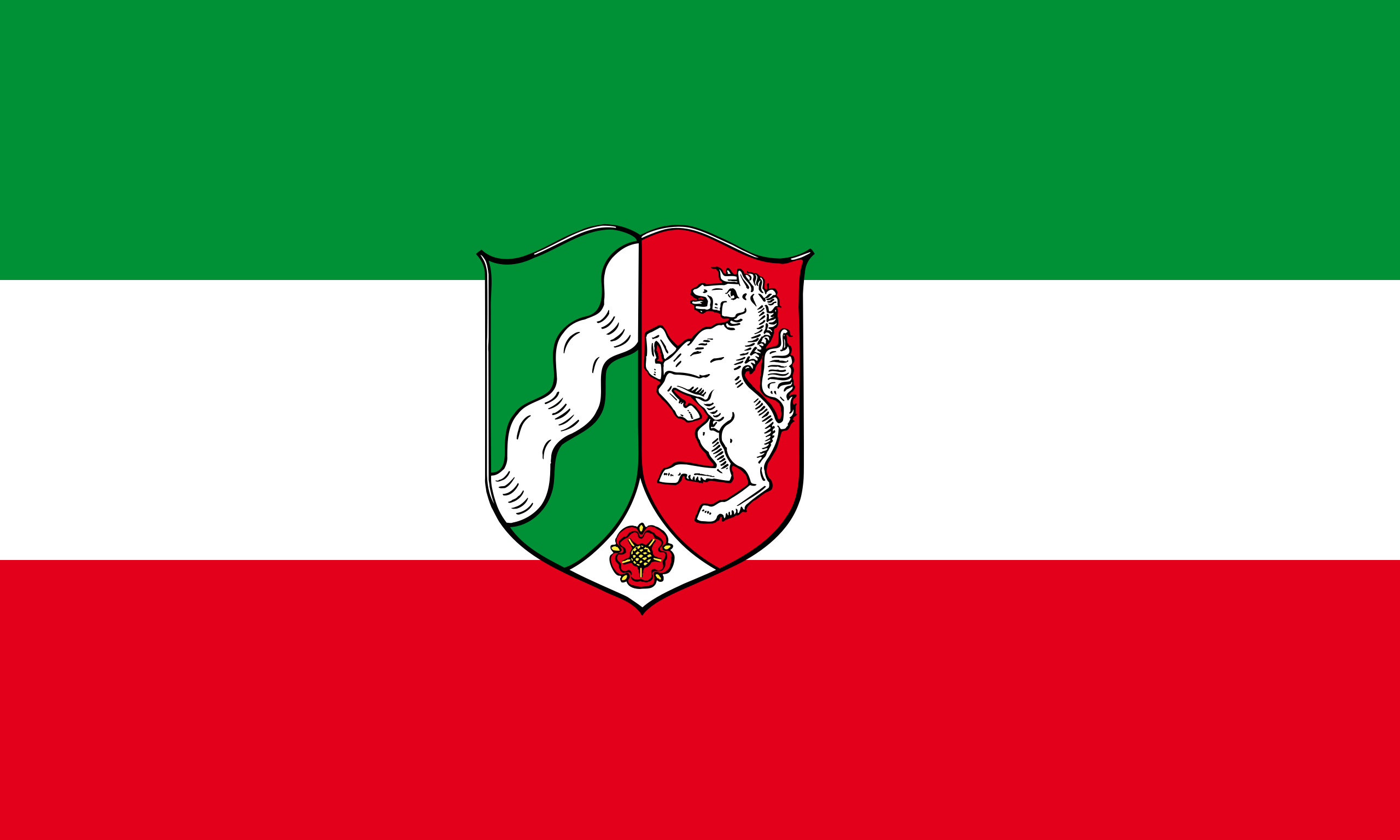 North Rhine-Westphalia
North Rhine-Westphalia

 Sport
Sport
 (F)UEFA Europa League
(F)UEFA Europa League
 UEFA Champions League 2015/16
UEFA Champions League 2015/16
 UEFA Champions League 2016/17
UEFA Champions League 2016/17
 Group C
Group C
 UEFA Europa League 2019/20
UEFA Europa League 2019/20
 Group J
Group J

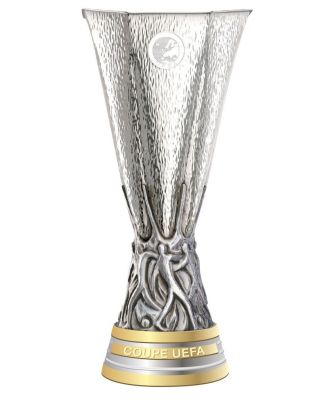

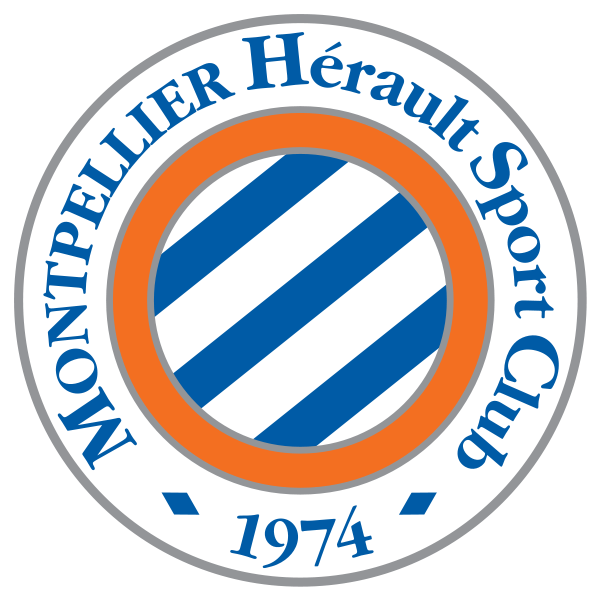
 Russia
Russia

 Sport
Sport
 (F)UEFA Champions League
(F)UEFA Champions League
 UEFA Champions League 2018/19
UEFA Champions League 2018/19
 Group D
Group D
 UEFA Champions League 2019/20
UEFA Champions League 2019/20
 Group D
Group D
 UEFA Europa League 2017/18
UEFA Europa League 2017/18
 Group F
Group F
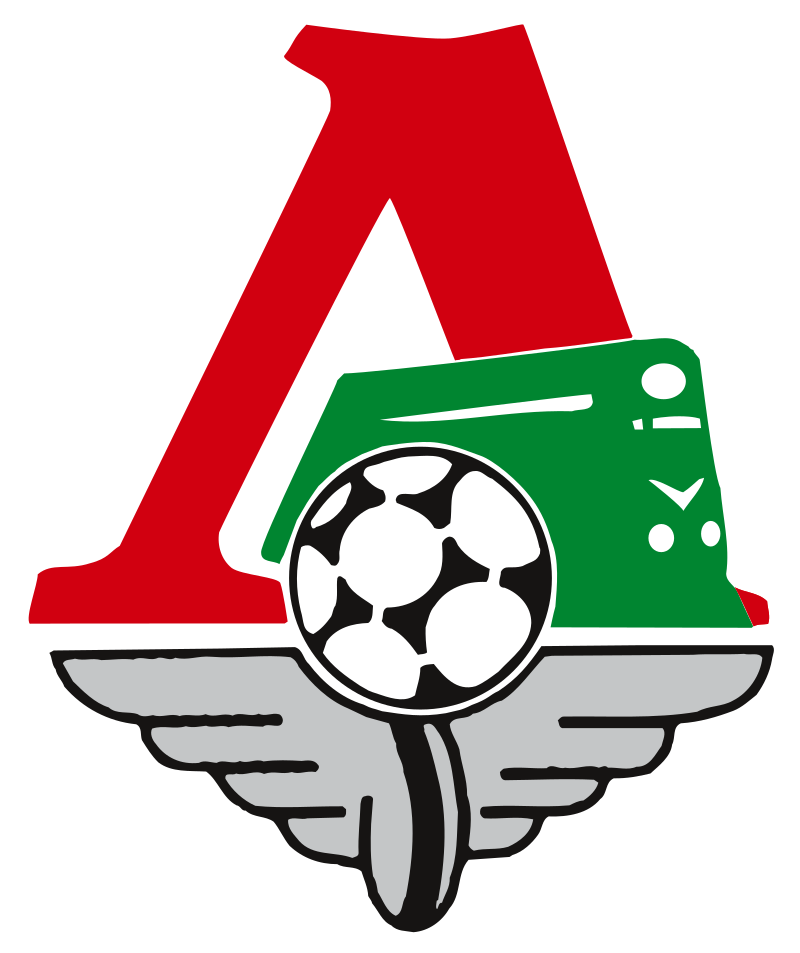
 Ligue 1
Ligue 1
 Ligue 1 2015/16
Ligue 1 2015/16
 Ligue 1 2016/17
Ligue 1 2016/17
 Ligue 1 2017/18
Ligue 1 2017/18
 Ligue 1 2018/19
Ligue 1 2018/19
 Monaco
Monaco
 UEFA Champions League 2016/17
UEFA Champions League 2016/17
 Group E
Group E
 UEFA Champions League 2017/18
UEFA Champions League 2017/18
 Group G
Group G
 UEFA Champions League 2018/19
UEFA Champions League 2018/19
 Group A
Group A
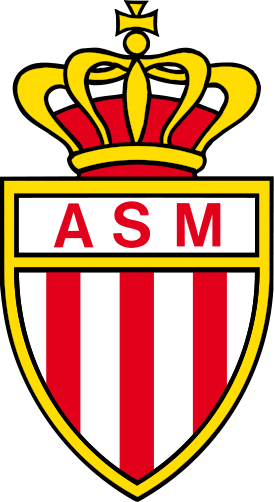
 Russia
Russia

 Sport
Sport
 (F)UEFA Europa League
(F)UEFA Europa League
 UEFA Champions League 2017/18
UEFA Champions League 2017/18
 Group E
Group E
 UEFA Europa League 2018/19
UEFA Europa League 2018/19
 Group G
Group G

 Russia
Russia

 Sport
Sport
 (F)UEFA Europa League
(F)UEFA Europa League
 UEFA Champions League 2015/16
UEFA Champions League 2015/16
 UEFA Champions League 2016/17
UEFA Champions League 2016/17
 Group E
Group E
 UEFA Champions League 2017/18
UEFA Champions League 2017/18
 Group A
Group A
 UEFA Champions League 2018/19
UEFA Champions League 2018/19
 Group G
Group G
 UEFA Europa League 2019/20
UEFA Europa League 2019/20
 Group H
Group H
 Zico
Zico
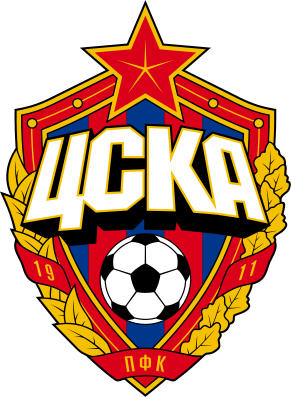

 Audi Cup
Audi Cup

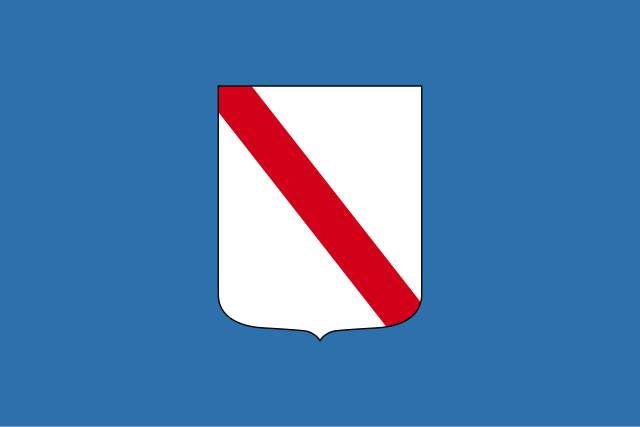 Campania
Campania
 Neapel
Neapel
 La Serie A
La Serie A
 La Serie A 2015/16
La Serie A 2015/16
 La Serie A 2016/17
La Serie A 2016/17
 La Serie A 2017/18
La Serie A 2017/18
 La Serie A 2018/19
La Serie A 2018/19
 Marcello Lippi
Marcello Lippi
 Rafael Benítez
Rafael Benítez

 Sport
Sport
 (F)UEFA Champions League
(F)UEFA Champions League
 UEFA Champions League 2016/17
UEFA Champions League 2016/17
 Group B
Group B
 UEFA Champions League 2017/18
UEFA Champions League 2017/18
 Group F
Group F
 UEFA Champions League 2018/19
UEFA Champions League 2018/19
 Group C
Group C
 UEFA Champions League 2019/20
UEFA Champions League 2019/20
 Group E
Group E



 Sport
Sport
 (F)UEFA Europa League
(F)UEFA Europa League
 UEFA Champions League 2017/18
UEFA Champions League 2017/18
 Group H
Group H
 UEFA Europa League 2019/20
UEFA Europa League 2019/20
 Group A
Group A
 Cyprus
Cyprus
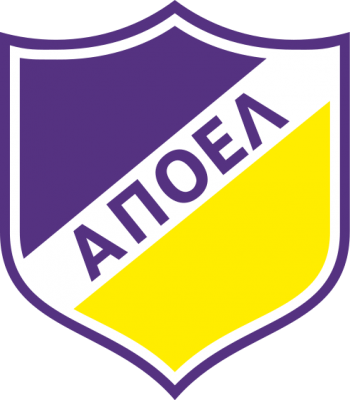

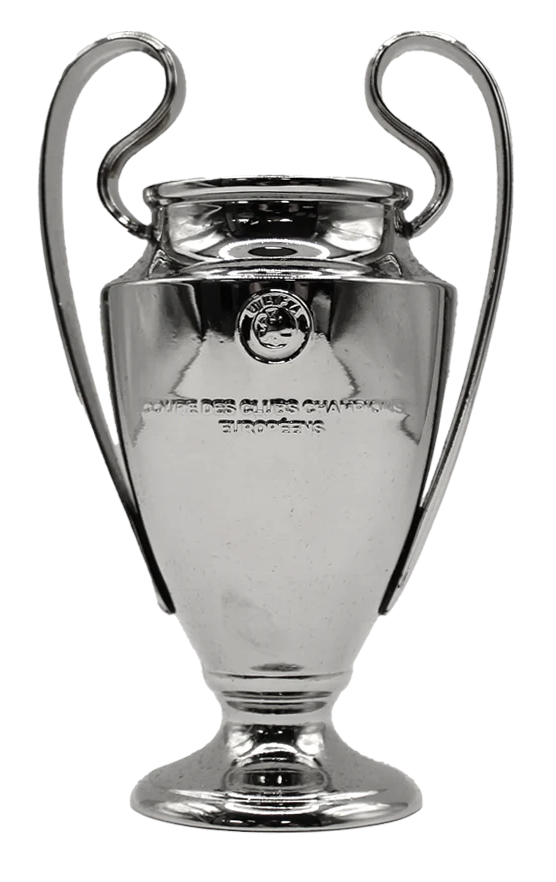

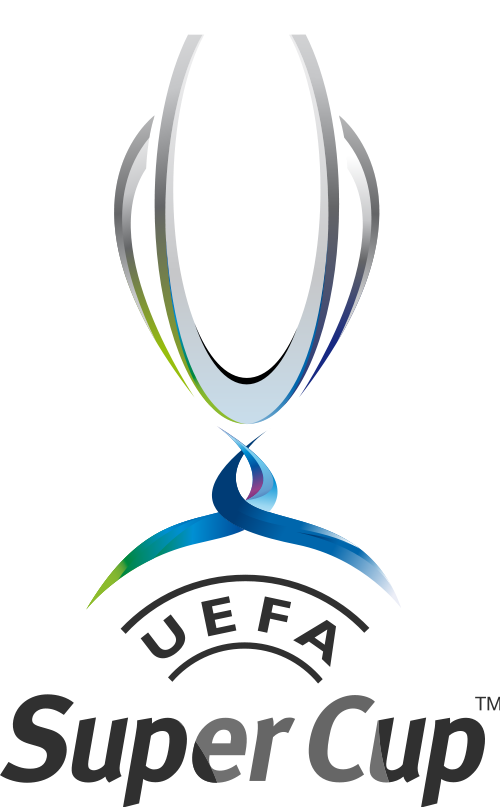

 Sport
Sport
 (F)International soccer leagues
(F)International soccer leagues
 UEFA Champions League 2015/16
UEFA Champions League 2015/16
 UEFA Champions League 2016/17
UEFA Champions League 2016/17
 UEFA Champions League 2017/18
UEFA Champions League 2017/18
 UEFA Champions League 2018/19
UEFA Champions League 2018/19
 UEFA Champions League 2019/20
UEFA Champions League 2019/20
 UEFA Champions League 2020/21
UEFA Champions League 2020/21
 UEFA Champions League 2021/22
UEFA Champions League 2021/22
 UEFA Champions League 2022/23
UEFA Champions League 2022/23
 UEFA Champions League 2023/24
UEFA Champions League 2023/24
 UEFA Champions League 2024/25
UEFA Champions League 2024/25
 Union of European Football Associations
Union of European Football Associations

Die UEFA Champions League [uˈeːfa ˈtʃæmpiənz liːg] (umgangssprachlich in Deutschland auch Königsklasse genannt) ist ein Wettbewerb für europäische Fußball-Vereinsmannschaften der Herren. Ausgetragen wird sie, wie die UEFA Europa League, unter dem Dach des Europäischen Fußballverbandes UEFA. Die Bezeichnung gilt seit der Saison 1992/93, von 1955 bis 1992 wurde die Veranstaltung als Europapokal der Landesmeister ausgetragen. Der Gewinn der Champions League zählt zu den prestigeträchtigsten Erfolgen im Profifußball.
Rekordsieger dieses Wettbewerbs ist der spanische Vertreter Real Madrid mit 13 Titelgewinnen, wobei die Spanier die ersten fünf Austragungen des Wettbewerbs für sich entscheiden konnten. Aus Deutschland waren bisher der FC Bayern München (fünf Siege), der Hamburger SV und Borussia Dortmund (jeweils einmal) erfolgreich.
Der Sieger der Champions League qualifiziert sich für die Teilnahme am UEFA Super Cup und der FIFA-Klub-Weltmeisterschaft.
欧洲冠军联赛(英语:UEFA Champions League,缩写:UCL;简称欧冠联赛、欧冠杯、冠军杯),是欧洲足联主办的年度足球比赛,代表欧洲俱乐部足球最高荣誉,常被誉为全世界最高影响力的俱乐部级赛事,亦是世界上奖金最高的足球赛事和体育赛事之一,估计每届赛事约有超过十亿电视观众观看赛事。
第二次世界大战结束后,足球运动在世界范围内全面复兴,但这项运动仅仅是通过国家队的比赛在各 国普及的。到了1953年,在温布利大球场进行的由英格兰队3:6负于匈牙利队的友谊赛竟然全场爆满。俱乐部之间的跨国较量也是如此,匈牙利基斯佩特洪韦 德、英格兰阿森纳、阿根廷河床、意大利尤文图斯等俱乐部的海外远征,常常吸引了大批狂热的球迷。然而,无论是国家队之间的交流、还是俱乐部级别的赛事都为 数寥寥。除了米特罗帕杯和拉丁杯等若干赛事之外,欧洲俱乐部之间不存在国际性赛事。这时,法国人加布里埃尔·亚诺提出了创立欧洲冠军杯的构想,这一年是 1955年。
前法国国脚亚诺是欧洲足球先生评选 活动的创始人,同时为法国《队报》和《法国足球》杂志撰稿,他敏锐地预感到有可能出现一个崭新的赛事,可以让欧洲各国顶尖俱乐部汇聚一堂。他提议由各国著 名俱乐部以联赛制度创立一个新赛事。而当时欧洲足联正在紧锣密鼓筹备之中,第一届大会定于1955年3月2日召开,他们更为关心的是内部组织问题和如何争 取各国家协会加入其组织。当时,它还没有条件对法国人提出的这一雄心勃勃、引人注目的想法给予支持。欧洲冠军杯的推动者们积极与国际足联和欧洲足联联系, 但结果却令人失望。这两个组织都对没有国家队参加的比赛不太感兴趣。(Quelle: http://www.sports.cn/news/global/history/champions/champions.htm)
UEFAチャンピオンズリーグ(英: UEFA Champions League)は、欧州サッカー連盟(UEFA)の主催で毎年9月から翌年の5月にかけて行われる、クラブチームによるサッカーの大陸選手権大会である。CL、UCLとも略記される。1955年にヨーロピアン・チャンピオン・クラブズ・カップ(European Champion Clubs' Cup、略してEuropean Cup)の名称で始まった。当初は各国リーグの優勝クラブの大会だったが、1990年代に参加クラブ数、資格が拡大された。
The UEFA Champions League (abbreviated as UCL) is an annual club football competition organised by the Union of European Football Associations (UEFA) and contested by top-division European clubs, deciding the best team in Europe. It is one of the most prestigious tournaments in the world and the most prestigious club competition in European football, played by the national league champions (and, for some nations, one or more runners-up) of the strongest UEFA national associations.
Introduced in 1955 as the European Champion Clubs' Cup, more commonly known as the European Cup, it was initially a straight knockout tournament open only to the champion club of each national championship. The competition took on its current name in 1992, adding a round-robin group stage and allowing multiple entrants from certain countries.[1] It has since been expanded, and while most of Europe's national leagues can still only enter their champion, the strongest leagues now provide up to five teams.[2][3] Clubs that finish next-in-line in their national league, having not qualified for the Champions League, are eligible for the second-tier UEFA Europa League competition, and from 2021, teams not eligible for the UEFA Europa League will qualify for a new third-tier competition called the UEFA Europa Conference League.
La Ligue des champions de l'UEFA (UEFA Champions League), parfois abrégée en C1 et anciennement dénommée Coupe des clubs champions européens (de sa création en 1955 jusqu'en 1992), est une compétition annuelle de football organisée par l'Union des associations européennes de football (UEFA) et regroupant les meilleurs clubs du continent européen1. C'est la compétition interclubs de football la plus prestigieuse d'Europe devant la Ligue Europa.
Le vainqueur de la compétition est automatiquement qualifié pour l'édition suivante. Il participe également à la Supercoupe de l'UEFA ainsi qu'à la Coupe du monde des clubs de la FIFA.
La UEFA Champions League o Coppa dei Campioni d'Europa, meglio nota come Champions League o semplicemente Champions, è il più prestigioso torneo internazionale calcistico in Europa per squadre di club maschili.
La denominazione di Champions League («Lega dei Campioni») sostituì nel 1992 quella storica di Coppa dei Campioni d'Europa propriamente detta e istituita nel 1955, cui fino al 1997 parteciparono le squadre vincitrici dei rispettivi campionati nazionali di massima divisione. Inizialmente tale coppa prevedeva esclusivamente doppi turni a eliminazione diretta e la sola partecipazione delle squadre vincitrici della massima divisione del proprio Paese. Dagli anni novanta i requisiti per la partecipazione al torneo furono rivisitati ed estesi inizialmente ad alcune squadre classificatesi seconde nel proprio campionato nazionale e successivamente anche alle terze e quarte classificate delle prime nazioni della classifica UEFA (attualmente terze e quarte delle prime quattro nazioni, terze delle prime sei nazioni). Inoltre dal 1991 sono state introdotte una o più fasi a gironi nella parte iniziale.
Nella sua formula odierna la Champions League inizia a luglio con tre turni preliminari di qualificazione e un turno di play-off. Le sei squadre che superano questa fase accedono alla fase a gironi, unendosi ad altre ventisei squadre già qualificate. Le trentadue compagini si affrontano dunque in otto gironi composti ciascuno da quattro squadre con partite di andata e ritorno. Le sedici squadre classificatesi al primo o al secondo posto nei gironi vengono ammesse alla fase a eliminazione diretta, che inizia con gli ottavi di finale e culmina con la finale in gara unica, disputata nel mese di maggio o giugno. La squadra campione acquisisce il diritto a disputare la gara valida per l'assegnazione della Supercoppa UEFA e si qualifica per la Coppa del mondo per club FIFA, che assegna il titolo di campione del mondo per club.
La Liga de Campeones de la UEFA (en inglés y oficialmente: UEFA Champions League), originariamente conocida como Copa de Europa, es el torneo internacional oficial de fútbol más prestigioso a nivel de clubes entre las competiciones organizadas por la Unión de Asociaciones Europeas de Fútbol (UEFA) y uno de los más reconocidos mundialmente.12
Disputada anualmente, la competición fue creada por iniciativa del diario L'Équipe en la temporada 1955-56 bajo la denominación de Copa de Clubes Campeones Europeos (nombre original en francés, Coupe des Clubs Champions Européens),3 con un formato de eliminación directa. Ideada para definir al mejor club del continente, en 1992 el torneo fue reestructurado incluyendo por primera vez un formato de competición de liga o fase de grupos como paso previo a la fase eliminatoria, por lo que fue rebautizado con su vigente denominación para la edición 1992-93, consolidando dicho formato.4 Originalmente, se clasificaban para su participación en el certamen los equipos campeones de las ligas nacionales, pero, en 1997, comenzaron a participar también los subcampeones y, en 1999, los clasificados hasta el cuarto puesto, dependiendo del coeficiente UEFA de cada liga,n. 4 debiendo superar los de menor coeficiente una fase previa.56
Ли́га чемпио́нов УЕФА (англ. UEFA Champions League) — ежегодный международный турнир по футболу, организованный Союзом европейских футбольных ассоциаций (УЕФА) среди клубов высших дивизионов в Европе.
Самый престижный европейский клубный футбольный турнир. Со своего первого розыгрыша в сезоне 1955/56 и по сезон 1990/91 назывался Кубком европейских чемпионов (англ. European Champion Clubs' Cup). Согласно официальной информации на сайте УЕФА[1], сезон 1991/92 годов являлся последним розыгрышем Кубка европейских чемпионов. В нём был изменён формат турнира[2] и сделано отступление от системы плей-офф в виде группового турнира. Тогда же появились действующие поныне гимн и эмблема. В то же время часть статистических сайтов считает этот сезон первым розыгрышем Лиги чемпионов[2]. С сезона 1992/93 турнир окончательно получил своё нынешнее название.

 Sport
Sport
 (F)International soccer leagues
(F)International soccer leagues
 UEFA Champions League 2015/16
UEFA Champions League 2015/16
 UEFA Champions League 2016/17
UEFA Champions League 2016/17
 UEFA Champions League 2017/18
UEFA Champions League 2017/18
 UEFA Champions League 2018/19
UEFA Champions League 2018/19
 UEFA Champions League 2019/20
UEFA Champions League 2019/20
 UEFA Champions League 2020/21
UEFA Champions League 2020/21
 UEFA Champions League 2021/22
UEFA Champions League 2021/22
 UEFA Champions League 2022/23
UEFA Champions League 2022/23
 UEFA Champions League 2023/24
UEFA Champions League 2023/24
 UEFA Champions League 2024/25
UEFA Champions League 2024/25
 Union of European Football Associations
Union of European Football Associations

 FIFA
FIFA
 UEFA European Championship 2016
UEFA European Championship 2016
 UEFA European Championship 2020
UEFA European Championship 2020

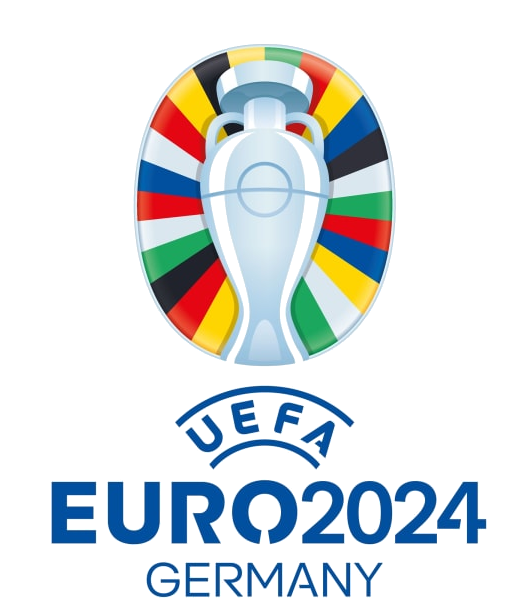 UEFA European Championship 2024
UEFA European Championship 2024
 Switzerland
Switzerland

 Sport
Sport
 (F)International soccer leagues
(F)International soccer leagues

 Sport
Sport
 (F)European football championship
(F)European football championship

 Sport
Sport
 (F)UEFA Women's Champions League
(F)UEFA Women's Champions League

 Sport
Sport
 (F)UEFA Youth League
(F)UEFA Youth League

 Sport
Sport
 (F)UEFA Futsal Cup
(F)UEFA Futsal Cup

 Sport
Sport
 (F)UEFA Nations League
(F)UEFA Nations League
 UEFA Champions League 2015/16
UEFA Champions League 2015/16
 UEFA Champions League 2016/17
UEFA Champions League 2016/17
 UEFA Champions League 2017/18
UEFA Champions League 2017/18
 UEFA Champions League 2018/19
UEFA Champions League 2018/19
 UEFA Champions League 2019/20
UEFA Champions League 2019/20
 UEFA Europa League 2017/18
UEFA Europa League 2017/18
 UEFA Europa League 2018/19
UEFA Europa League 2018/19
 UEFA Europa League 2019/20
UEFA Europa League 2019/20
 Union of European Football Associations
Union of European Football Associations
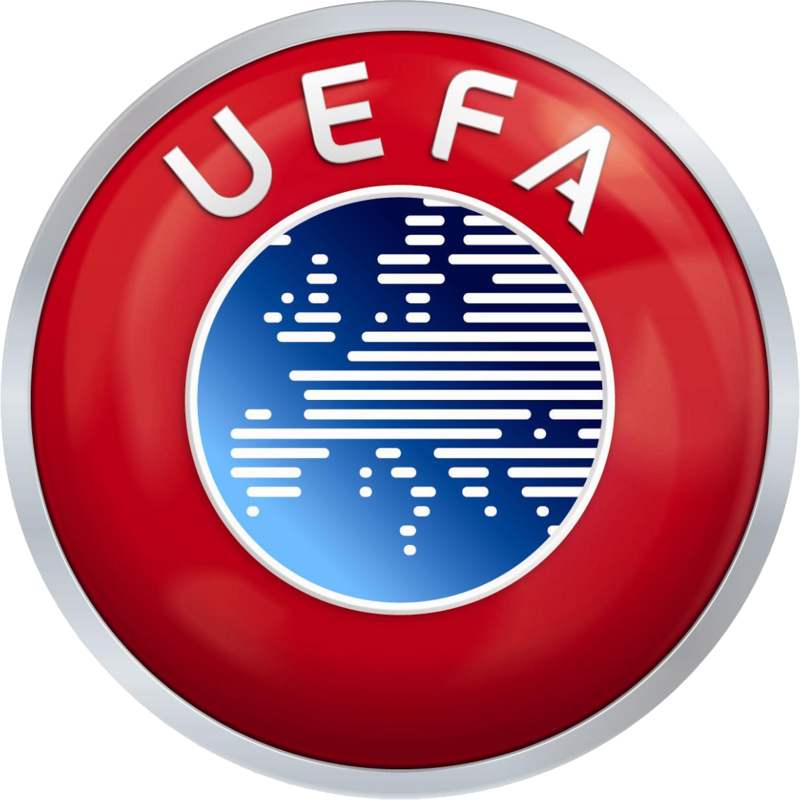
Die Union of European Football Associations (offiziell französisch Union des Associations Européennes de Football[1] [ˈɥɛfa]; deutsch Union Europäischer Fußballverbände [uˈeːfa] genannt), kurz UEFA [juːˈeɪfə], ist der europäische Fußballverband. Die UEFA ist ein gemeinnütziger Verein[2][3][4] im Sinne der Artikel 60 ff.[5] des Schweizerischen Zivilgesetzbuches[6] und im Handelsregister eingetragen.
Die UEFA ist eine der sechs Kontinental-Konföderationen des Weltfußballverbandes FIFA und umfasst 55 nationale Fußballverbände einzelner Länder und Gebiete, die nicht alle innerhalb der geografischen Grenzen Europas liegen.
欧洲足球联合会联盟(英语:Union of European Football Associations,首字母缩写为UEFA),官方简称欧洲足联或欧足联,港澳地区简称欧洲足协,台湾简称欧洲足总[3][4],是负责管理欧洲区各项足球事务,并代表欧洲的足球机构(包括所有的欧洲国家以及俄罗斯、土耳其、以色列、格鲁吉亚、亚美尼亚、阿塞拜疆、塞浦路斯和哈萨克等亚洲或跨欧亚两洲的国家)。
欧足联是国际足联底下六个洲别足球联会之一。由于世界上许多顶尖球员因为欧洲五大足球联赛(英超、西甲、德甲、意甲、法甲)的高竞技水平和高薪和而齐聚于欧洲,使得欧足联在世界上的影响力高居六大足联之首。世界上许多足球强国也均是欧足联的成员国,在2006年世界杯32强中,有14支国家队来自欧洲,在国际足联世界排名中,也有13个国家排在前20名。
欧洲足联于1954年6月15日在瑞士巴塞尔成立,成立时总部设于法国巴黎,1959年移往瑞士伯尔尼。埃贝·施瓦泽(Ebbe Schwartz)成为第一任欧洲足联主席,而欧洲足球锦标赛创办人亨利·德劳内(Henri Delaunay)则为秘书长。1995年总部移至瑞士尼永。成立之初只有25个成员协会,目前欧洲足联已有55个成员协会。现任主席是亚历山大·切费林(Aleksander Čeferin)。
欧州サッカー連盟(おうしゅうサッカーれんめい、英: Union of European Football Associations、仏: Union des associations européennes de football[4][5])は、ヨーロッパの各国・地域サッカー協会を統括する、国際サッカー連盟(FIFA)傘下のサッカーの大陸連盟である。
頭字語(略称)のUEFA(日本語発音:ウエファ、英語発音: [juːˈeifə] ユーエイファ)で呼ばれることが多い。
UEFAは、イタリア、フランス、ベルギー協会間での協議の後、1954年6月15日にスイスのバーゼルで設立された。当初は、25の協会からなっていたが、1990年代初めまでに加盟協会は倍に増加した。ヨーロッパの全ての主権国の協会がUEFAの会員となっているわけではないが、非会員の国家は全てミニ国家である。以前はアジアサッカー連盟(AFC)に加盟していたいくつかのアジアの国も、政治的理由などによりUEFAへの加盟が認められている(イスラエル(政治的理由)とカザフスタンはAFCから転籍した)。
UEFA本部は1959年までは、フランスのパリに位置し、後にスイスのベルンに移転。1995年から、同じくスイスのニヨンへ移転した。
The Union of European Football Associations (UEFA /juːˈeɪfə/ yoo-AY-fə; French: Union des Associations Européennes de Football;[a] German: Vereinigung Europäischer Fußballverbände)[b] is the administrative body for association football, futsal and beach soccer in Europe, although several member states are primarily or entirely located in Asia. It is one of six continental confederations of world football's governing body FIFA. UEFA consists of 55 national association members.
UEFA represents the national football associations of Europe, runs nation and club competitions including the UEFA European Championship, UEFA Nations League, UEFA Champions League, UEFA Europa League, and UEFA Super Cup, and controls the prize money, regulations, and media rights to those competitions.
Henri Delaunay was the first general secretary and Ebbe Schwartz the first president. The current president is Aleksander Čeferin, a former Football Association of Slovenia president, who was elected as UEFA's seventh president at the 12th Extraordinary UEFA Congress in Athens in September 2016, and automatically became a vice-president of the world body FIFA.[3]
L'Union des associations européennes de football, plus connue sous son sigle UEFA (correspondant à son nom en anglais Union of European Football Associations, parfois traduit en « Union européenne de Football-Association ») est une association regroupant et représentant les fédérations nationales de football d'Europe.
Fondée en 1954, l'UEFA a pour rôle de gérer et développer le football à l'échelon continental, sous l'égide de la FIFA. Elle organise et administre les principales compétitions continentales, qu'elles soient destinées aux sélections, comme le Championnat d'Europe et la Ligue des nations, ou aux clubs, comme la Ligue des champions, la Ligue Europa et la Supercoupe de l'UEFA. Elle est aussi responsable des compétitions de football féminin.
L'UEFA rassemble 55 fédérations depuis l'admission du Kosovo en 2016. Basée en Suisse depuis 1959, c'est une association au sens du droit suisse, neutre sur le plan politique et religieux. Son président actuel est le juriste slovène Aleksander Čeferin, élu le 14 septembre 2016 après l'intérim de onze mois de l'ancien footballeur espagnol Ángel María Villar Llona qui remplaçait alors Michel Platini, suspendu par la Commission d'éthique de la FIFA.
La Union of European Football Associations (in italiano: Unione delle associazioni calcistiche europee, in francese: Union des associations européennes de football),[1] meglio nota con l'acronimo di UEFA, è l'organo amministrativo, organizzativo e di controllo del calcio europeo con sede a Nyon (Svizzera).
La Unión de Asociaciones Europeas de Fútbol1 (en francés, Union des Associations Européennes de Football),2 referida comúnmente por su acrónimo UEFA, es la confederación europea de asociaciones nacionales de fútbol y máximo ente de este deporte en el continente. Agrupa en la actualidad a 55 asociaciones y es una de las seis confederaciones pertenecientes a la Federación Internacional de Fútbol Asociación (FIFA), máximo rector en el mundo.3
Fundada el 15 de junio de 1954, su sede central se encuentra en Nyon, Suiza, y es la encargada de organizar los distintos campeonatos de naciones de Europa, además de promover, desarrollar, controlar y velar por el fútbol, sus cometidos, finanzas, reglamentos y medios del mismo, siendo la Eurocopa, oficialmente Campeonato de Europa de Naciones, su principal torneo masculino, y la Eurocopa Femenina, oficialmente Campeonato de Europa Femenino, su homólogo de mujeres. De igual modo es quien trata las diferentes cuestiones de las federaciones nacionales del territorio europeo, así como su fútbol de formación organizando también competiciones para dichas categorías conformando un total de 15 torneos entre todas las disciplinas.4
Es la asociación continental más laureada del ámbito FIFA pues suma entre todas las selecciones de sus miembros un total de 223 títulos oficiales, donde destacan 41 títulos mundiales, además de ser la más reconocida.n 1 Entre ellas destaca Alemania (DFB),5 que es de ser la más galardonada de Europa con 34 títulos; España (RFEF), que es su miembro más premiado en el continente con 29 títulos6n 2; y Francia (FFF), que es la vigente campeona del mundo y la más condecorada en competiciones mundiales con seis trofeos.7
La principal competición en lo que se refiere a los clubes es la Liga de Campeones, tanto en categoría masculina —disputada por primera vez en 1955—, como en femenina —establecida en 2001—. En ellas dominan los clubes españoles con 18 títulos y los alemanes con 9 respectivamente.
Es la tercera confederación continental más antigua, y la que más miembros posee siendo el último en incorporarse la Federación de Fútbol de Kosovo (FFK) —como estado parcialmente reconocido internacionalmente— el 3 de mayo de 2016.8
Сою́з европе́йских футбо́льных ассоциа́ций (англ. Union of European Football Associations, сокращённо UEFA, в русской транслитерации УЕФА) — спортивная организация, управляющая футболом в Европе и некоторых западных регионах Азии. Она объединяет национальные футбольные ассоциации европейских стран и организует все европейские соревнования футбольных клубов и сборных команд, а также распределяет доходы от рекламы и трансляций между клубами и национальными ассоциациями, входящими в её состав.
УЕФА — одна из шести континентальных конфедераций, входящих в Международную федерацию футбола (ФИФА), причём УЕФА из них наиболее влиятельна и богата. Почти все сильнейшие футболисты мира играют в Европе из-за того, что именно в ней самые большие зарплаты, особенно в Англии, Франции, Италии, Испании и Германии[1]. Также УЕФА представляют многие сильные сборные мира, что предопределяет большое представительство стран этой конфедерации на мировых первенствах: так, из 32 команд на чемпионате мира 2006 года УЕФА представляли 14.
УЕФА был основан 15 июня 1954 года в Базеле (Швейцария) после консультаций, начатых федерациями футбола Франции, Италии и Бельгии. Первоначально УЕФА насчитывал 25 стран, сейчас их 55. Штаб-квартира УЕФА располагалась в Париже до 1959 года, когда она переехала в Берн. С 1995 года она базируется в швейцарском Ньоне. Первым генеральным секретарём УЕФА был Анри Делоне, а президентом — Эббе Шварц.
УЕФА часто имел конфликты с Еврокомиссией, организовывавшей интересы национальных ассоциаций. В 1990-х годах разногласия касались прав на телетрансляции и особенно трансферного регламента (правило Босмана).
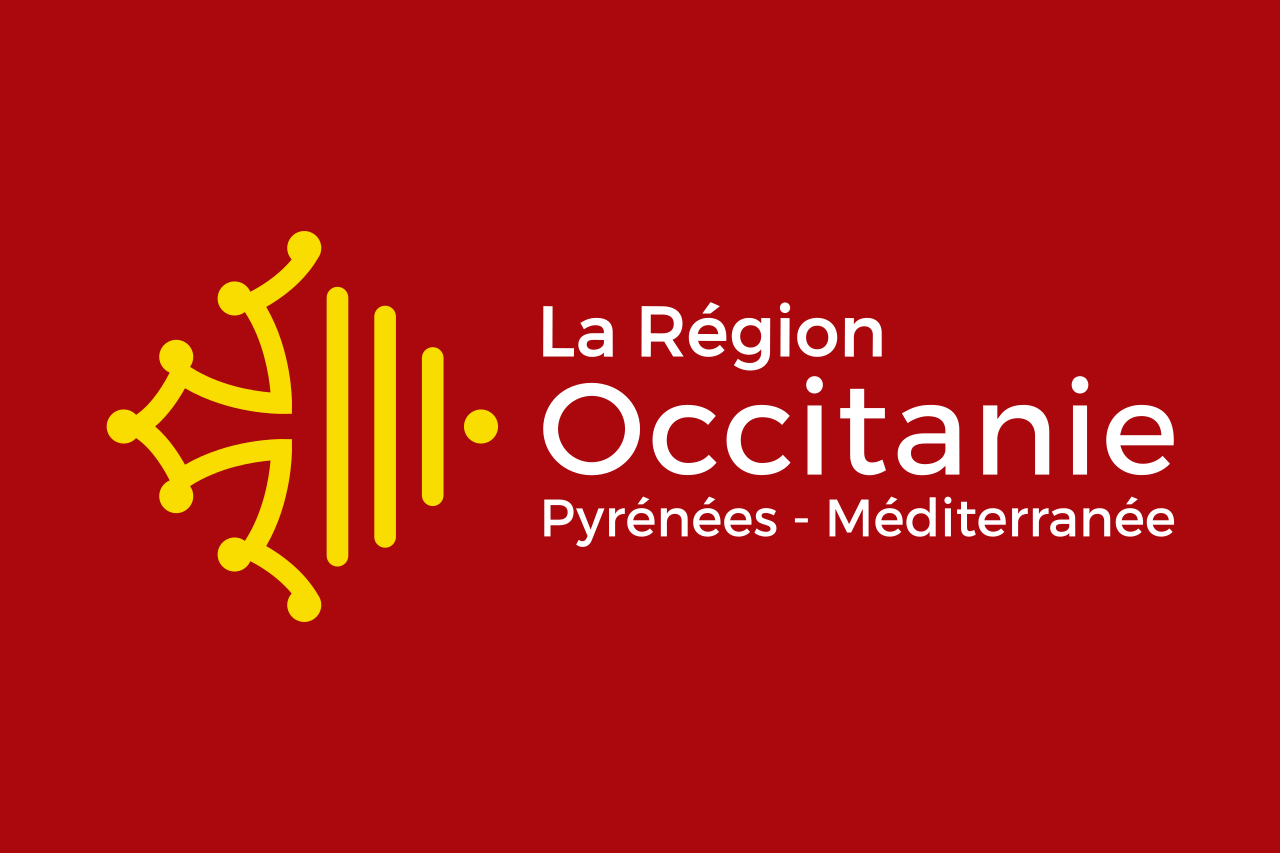 Occitania
Occitania